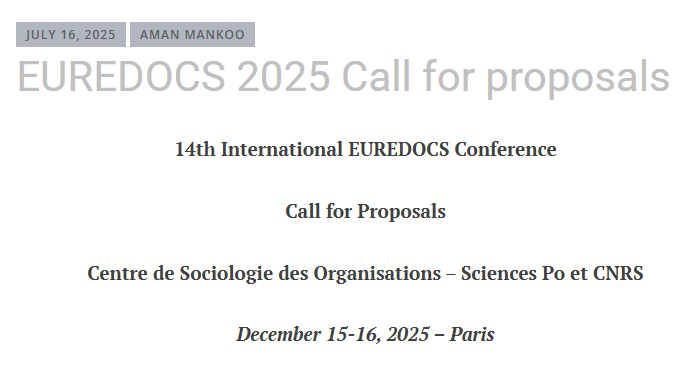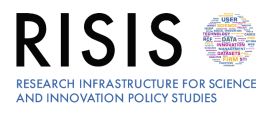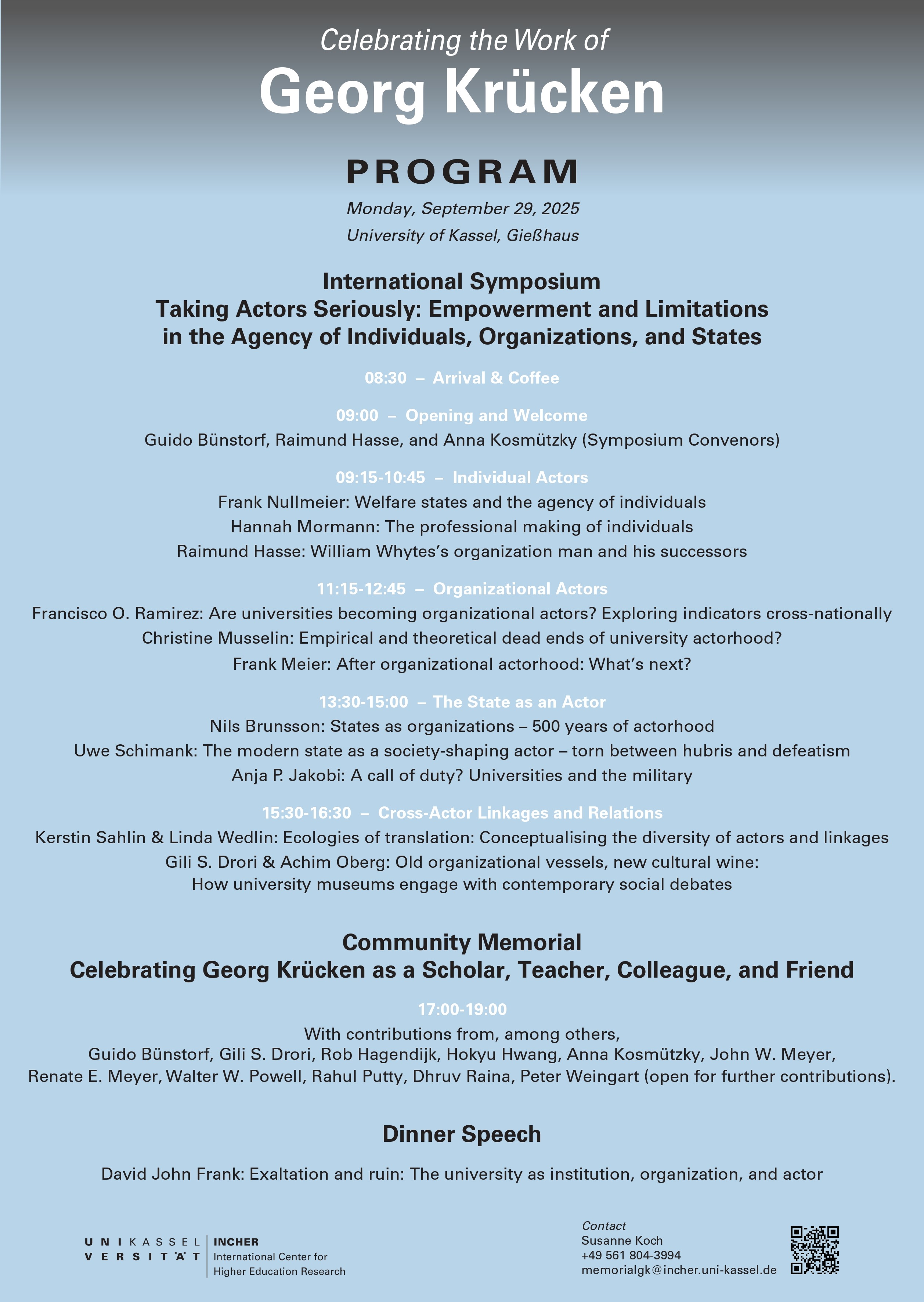News and Announcements
The call for proposals is now open for the RESUP 2025 Conference, which will take place from 17 to 19 December 2025 at Sciences Po, Paris.
Please send proposals to:This email address is being protected from spambots. You need JavaScript enabled to view it. and This email address is being protected from spambots. You need JavaScript enabled to view it.

We are delighted to announce that registration is now open for the 3rd ENIS Virtual Summer School: Bridging Research and Practice in International Student Mobility, taking place online from 1–2 September 2025. The registration link is https://forms.gle/mainmUfgudmbCHTT9
This is an open event, including a series of cutting-edge studies and training courses. Please refer to the event programme via this link https://a2eb3eda-f3f3-4fcf-8cee-8e77cd9d3b7d.usrfiles.com/ugd/a2eb3e_15bd61de1fa94d7cb5a41cc9f3cb703e.pdf. We warmly welcome our community, especially inviting PhD colleagues, early career researchers, and practitioners. Feel free to share it with anyone who might be interested.
We look forward to hosting excellent keynotes, presentations, and workshops, and to seeing many of your faces 🤗
We would also like to provide some practical details:
- The programme is based on CET time.
- If you are presenting, please join online 10 minutes before the session to test things out.
- Each session will be facilitated by a member of the organising committee.
CHER is happy to announce the upcoming editions of the RISIS Research Seminars, starting in September 2025. These seminars foster meaningful exchanges within the research policy and higher education community. Each session runs from 12:30 PM to 2:00 PM (CET), featuring a presentation followed by a discussion to enrich engagement.
17.09. 2025. Examining the Impact of Higher Education Institutions on Graduate Employment Outcomes
Presenter: Alice Bertoletti, European Commission - Joint Research Centre
15.10.2025. A new typology of national research assessment systems: Continuity and change in 13 countries
Presenter: Alex Rushforth, Centre for Science and Technology Studies (CWTS), Leiden University and Gunnar Sivertsen, Nordic Institute for Studies in Innovation, Research and Education (NIFU)
19.11.2025. Transforming Regional Dynamics: The 300,000 International Students Plan and Japan’s Rise in Asia’s Higher Education Geopolitics – A Difference-in-Differences Approach
Presenter: Presenter: Tao Zou, University College London
11.12.2025. Quantifying Lifetime Productivity Changes: A Longitudinal Study of 320,000 Late-Career Scientists
Presenter: Marek Kwiek, University of Poznan
21.01.2026. The WebAI Paradigm of Innovation Research: A Primer
Presenter: Johannes Dahlke, University of Twente
Abstracts and seminar details: https://lnkd.in/dYWVHJgU
Registrations: https://lnkd.in/dsxNwPan

You may find detailed information on the event at: https://www.uni-kassel.de/forschung/incher/veranstaltungen/memorial-symposium-georg-kruecken

